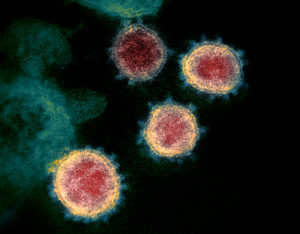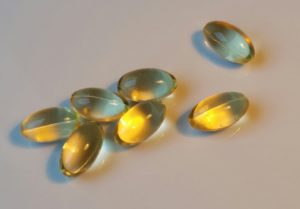
Most of us have had at least one COVID infection, with many having had the virus several times. Some recover quickly, but for others recovery is slow. But how long does it usually take to fully recover from symptoms?
A new study reported that it takes about 3 months to recover from COVID-19 physical symptoms, but 9 months for many to return to how they felt mentally before they became ill with the virus.
To repeat, in this study of 1096 persons who had COVID and 371 persons who did not become infected with COVID (as measured by a FDA approved SARS-CoV-2 test) − it took about 3 months to fully recover physically from COVID, but 9 months mentally. The mental symptom recovery showed gradual improvement over time. But even at a year about 1 in 5 had not fully recovered from the mental symptoms, which may be indicative of long COVID.
People participating in the study were surveyed about physical functioning, fatigue, pain, anxiety, depression, cognitive function, and sleep. This was not a long COVID study. It was a look at how persons who had a COVID infection recover from COVID symptoms over time (they were followed for 1 year).
From Discover: Mental Recovery From COVID-19 Symptoms Can Take Up to 9 Months
Some infections are tougher to recover from than others. Take COVID-19 infections, for instance. According to a new study in Open Forum Infectious Diseases, people with COVID and COVID-like symptoms typically take around nine months to recover from their infections mentally, and around three months to recover from their infections physically, suggesting that mental recovery is a particularly lengthy process that requires more study and more medical attention. ...continue reading "Recovery From Physical and Mental Symptoms of COVID May Take Months"

 The more physically active a person is before getting COVID-19, the lower the rates of hospitalization, deterioration events, and death from COVID-19 infection. In other words, physical activity is protective.
The more physically active a person is before getting COVID-19, the lower the rates of hospitalization, deterioration events, and death from COVID-19 infection. In other words, physical activity is protective. More studies are finding that supplementing with vitamin D is not living up to its original promise - that is, as a supplement that can prevent or treat all sorts of health conditions. Two recent large studies found that daily vitamin D supplementation in persons with or without a vitamin D deficiency didn't reduce the risk of getting COVID-19.
More studies are finding that supplementing with vitamin D is not living up to its original promise - that is, as a supplement that can prevent or treat all sorts of health conditions. Two recent large studies found that daily vitamin D supplementation in persons with or without a vitamin D deficiency didn't reduce the risk of getting COVID-19. Some good news for women who had a Covid-19 infection during pregnancy - one small study found reassuring results about the growth and development of the babies. The Northwestern University researchers found that at the 6 month checkup the babies overall had normal growth patterns and developmental milestones. This is great, great news!
Some good news for women who had a Covid-19 infection during pregnancy - one small study found reassuring results about the growth and development of the babies. The Northwestern University researchers found that at the 6 month checkup the babies overall had normal growth patterns and developmental milestones. This is great, great news!